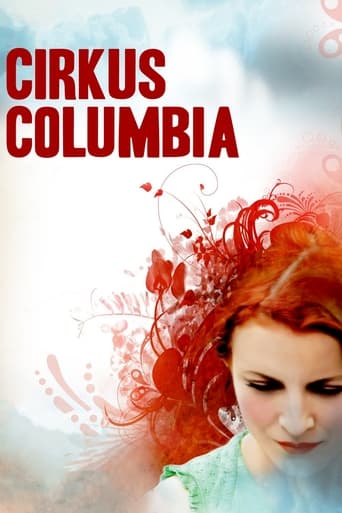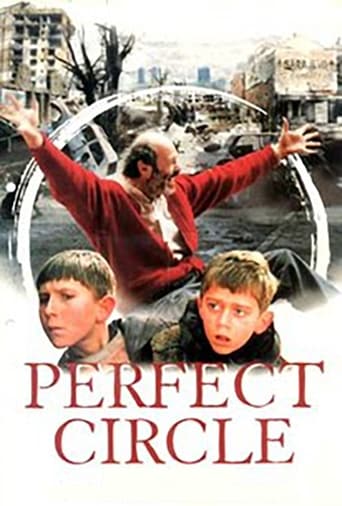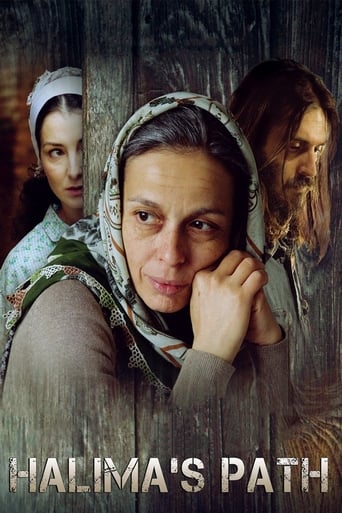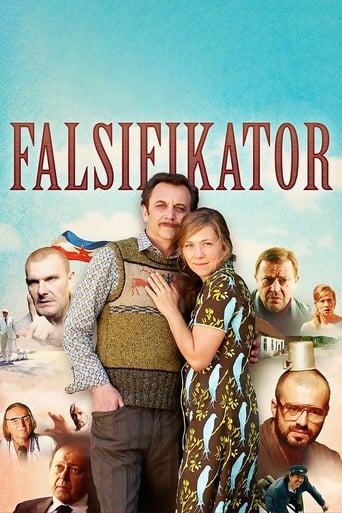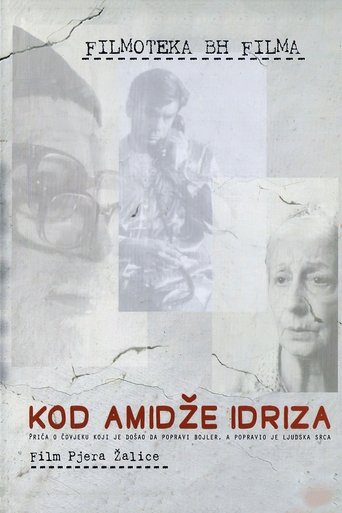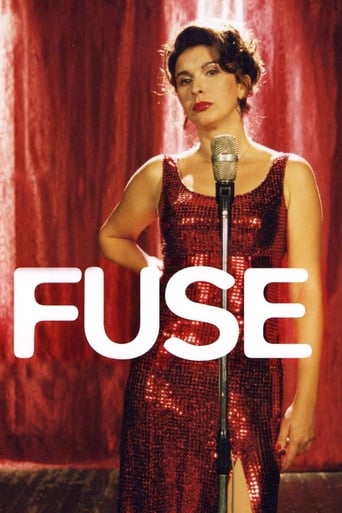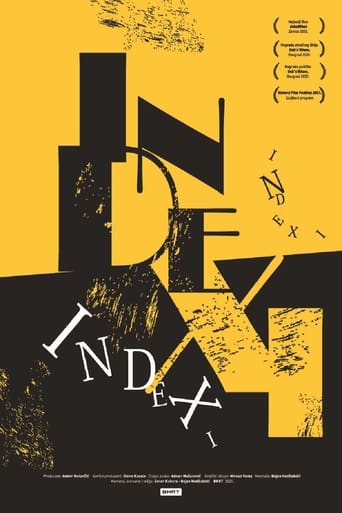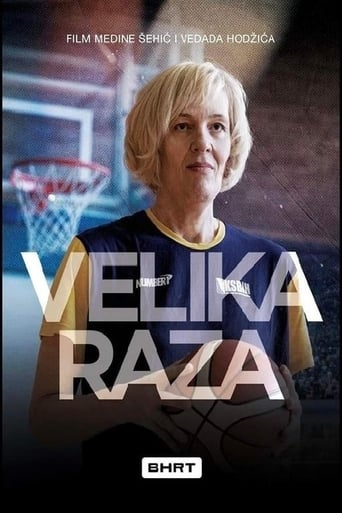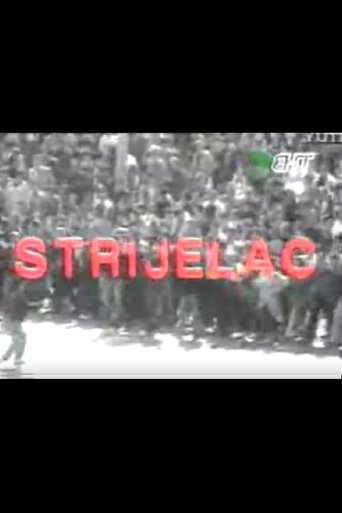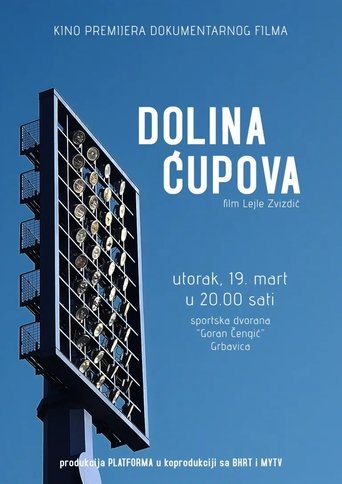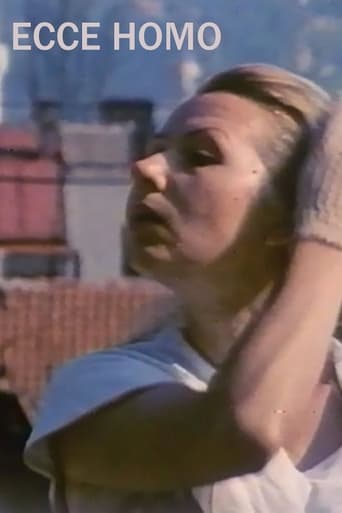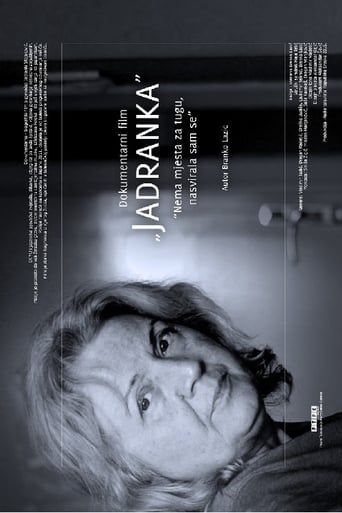The documentary "Raza the Great" seeks to leave a legacy of testimony about one of the world's top basketball players, winner of several medals from continental, international, and Olympic championships, and accolades culminating in her entrance into the FIBA Hall of Fame. Her impact on basketball and sports in general, especially women's sports, is immeasurable. It is about Razija Mujanović, who played in various clubs over her lengthy career, winning several trophies and accomplishing impacts, most of which she was primarily responsible for. The same is true for two national teams (former Yugoslavia and Bosnia and Herzegovina), which demonstrated basketball, athletics, and human values. Her development and growth, during which she transformed her height (from a disadvantage that started as a complex) into capital and benefit, are unique and noteworthy.
